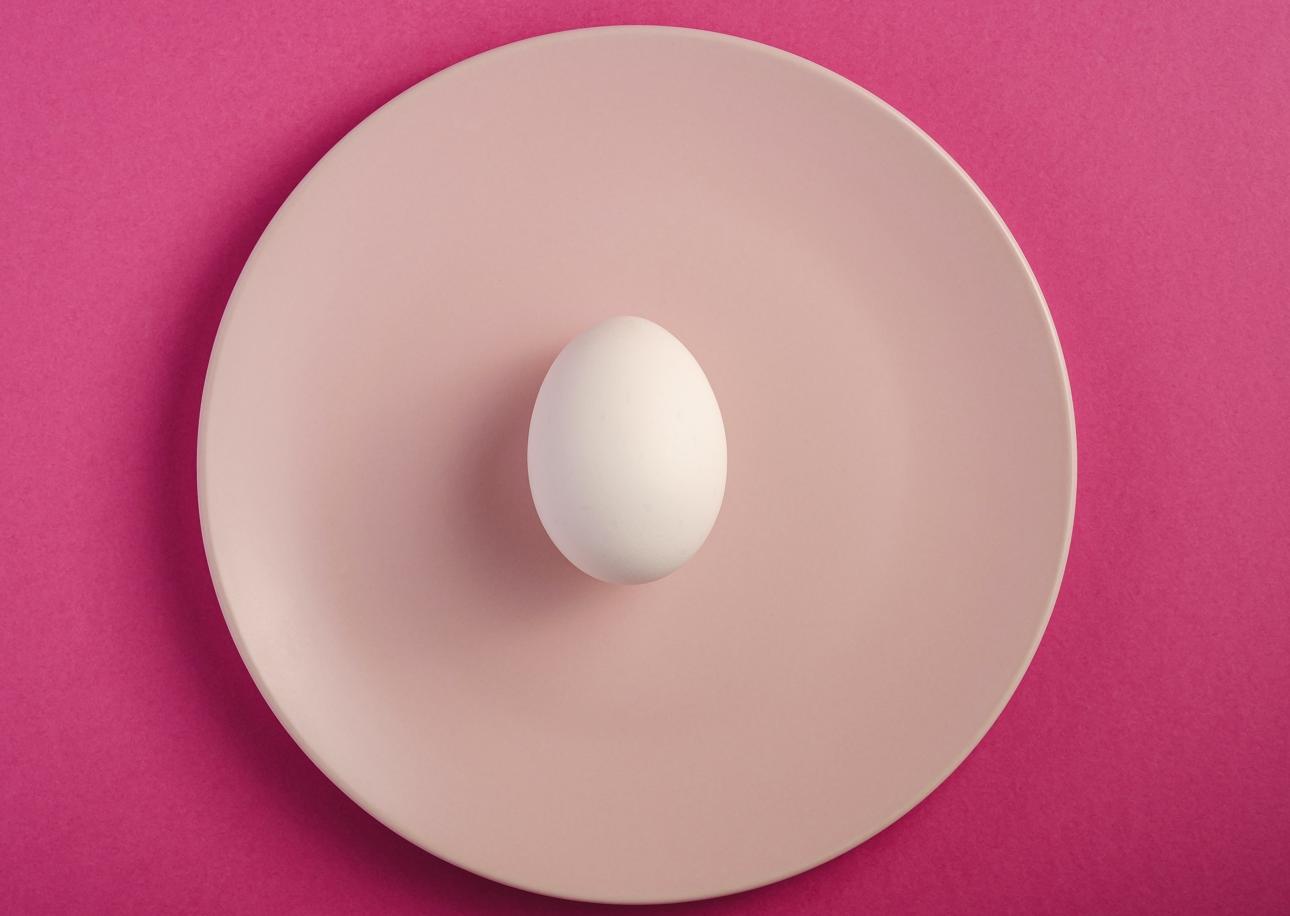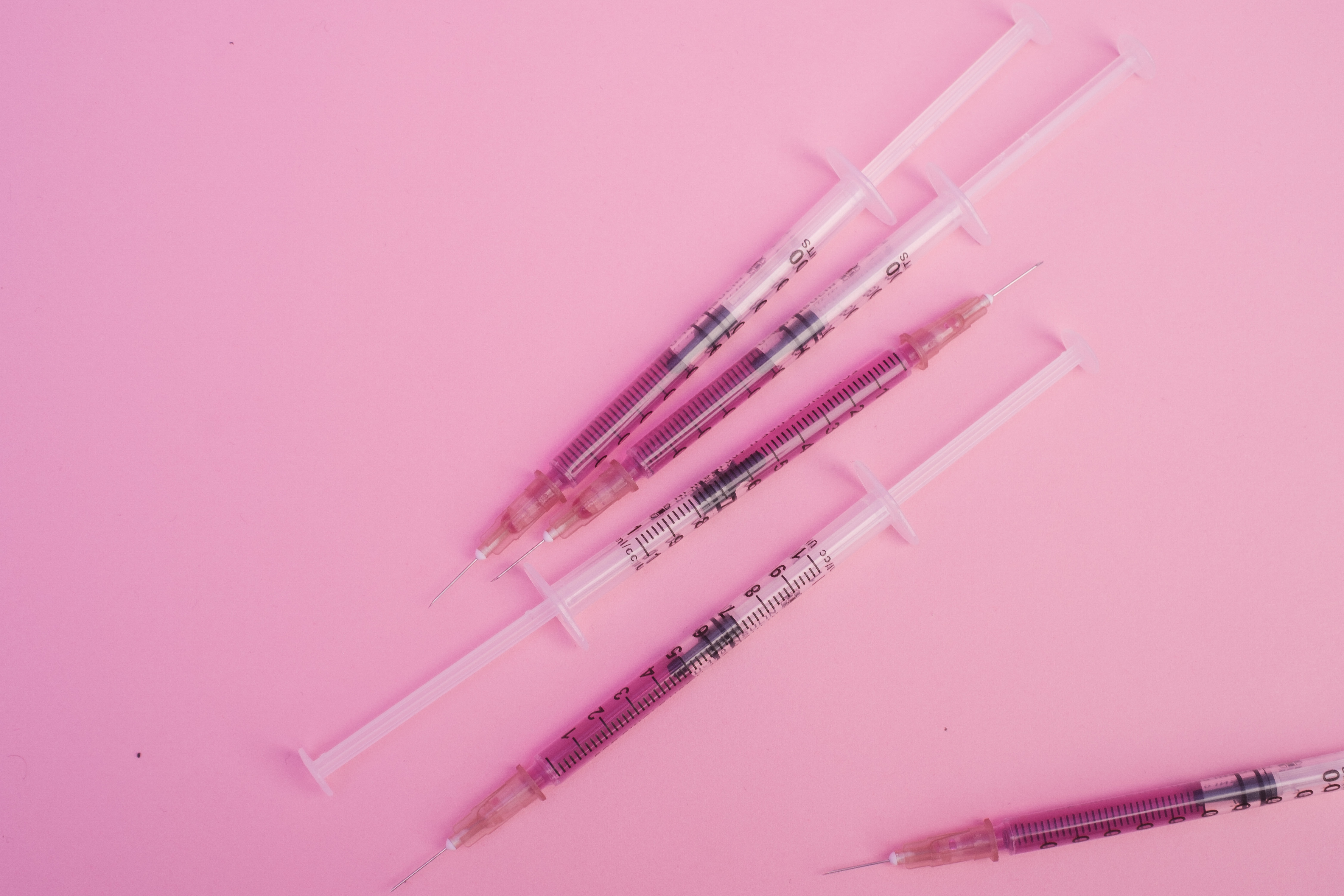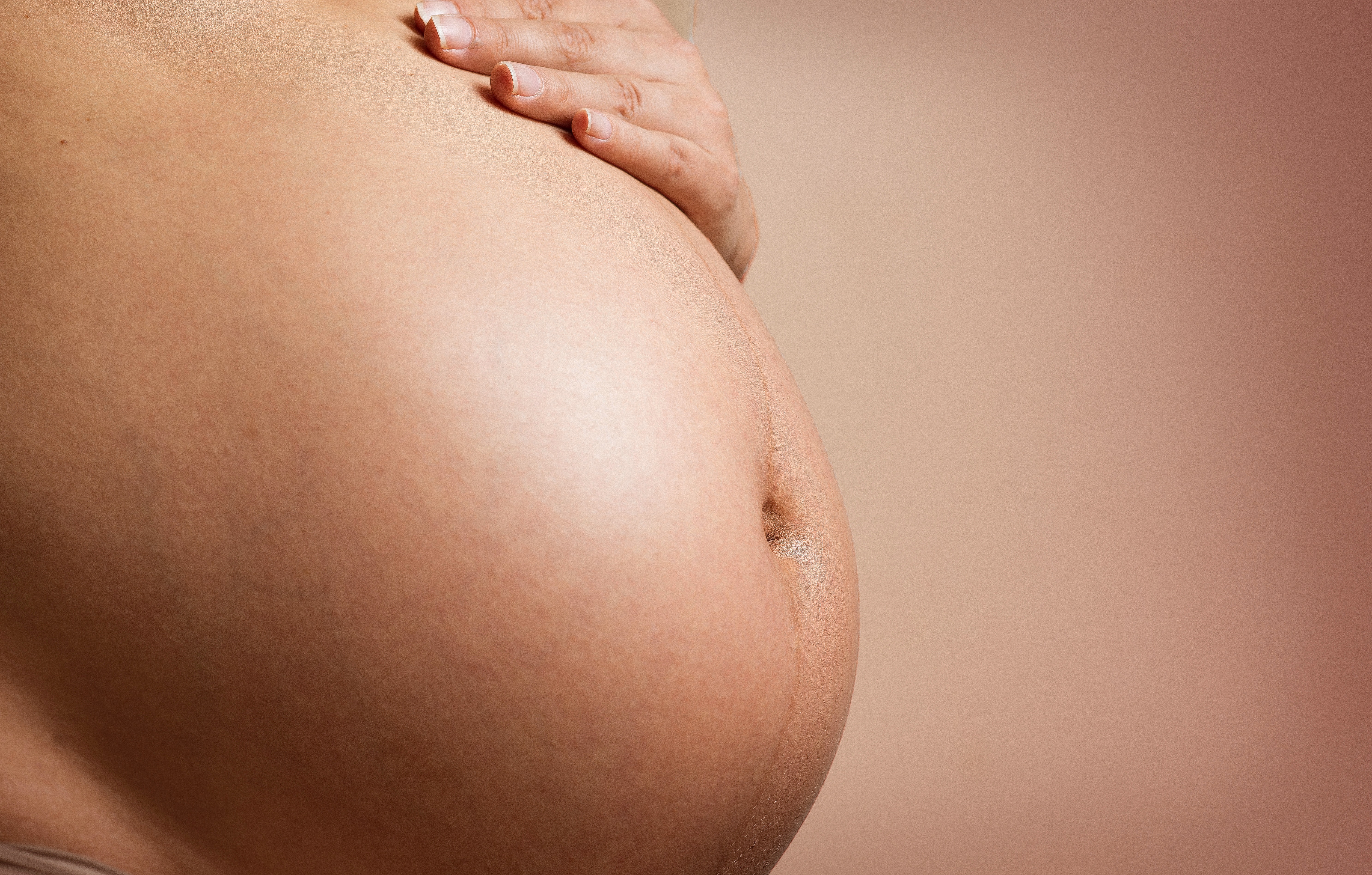Netflix Thailand Subscription Price Has Just Gone Down
Netflix Thailand has officially announced a new price for base subscriptions We’ve ...

Concurrent to the COVID-19 pandemic, there has been a shift towards having babies later in life. The reason for this shift varies. Some women choose to freeze their eggs for medical reasons, such as cancer treatment, while about three-quarters of women freeze their eggs because they do not have a partner. Dr Nicole Noyes, director of fertility preservation at the New York University School of Medicine said, “The primary reason given by women we surveyed is that they are not in a relationship conducive to childbearing. The second reason is women have something they need to get done before children, whether that’s their career or school.” With this new shift, many women are asking the eggsistential question: To freeze or not to freeze, and is it worth it?

Egg freezing is pretty straightforward. It’s a fertility treatment that allows women to get pregnant in the future. The treatment involves collecting a woman’s eggs from her ovaries, freezing the unfertilized eggs, and storing them for later use. When a woman is ready to have children, her frozen egg can be thawed, combined with sperm, and implanted in her uterus. It’s important to remember that women are born with a fixed number of immature eggs in their ovaries, and the number of eggs decreases as women get older. As women’s chances of conceiving, naturally, decline with age, so too do the quality and quantity of the eggs.
Egg freezing might be an option for some women if they’re not ready to become pregnant. Others may have medical reasons, while some simply don’t have a partner. Egg freezing for 30-something women has been on the rise in recent years, and trends in having babies have changed. According to a statistics report, teen pregnancies declined drastically between 1960 and 2013. In 1980, the average American woman had her first baby at 22 years old, but by 2014, the average age had risen to 26. Egg freezing is now seen as one way of preserving a woman’s fertility so she can try to become pregnant in the future—ideally removing eggs while at peak fertility to collect the highest quality eggs.

We know that fertility declines as we get older, and we’ve been told that our fertility takes a nosedive after 35. So, both Mother Nature and Father Time suggests the younger, the better. However, despite our early 20s being our peak fertility period, rising costs of living and the increasing number of women focusing on their careers and moving into senior positions means the average age of childbearing pushes back more and more. For these reasons and the rising fear that two years of lockdown has put our dating and procreating plans on hold, egg freezing is on the up and up.
First of all, egg freezing requires a lot of time, commitment, and several tests. To start, women must test for infectious diseases, such as Hepatitis and HIV. These diseases do not affect the eligibility of freezing eggs but help to inform medical experts whether egg samples should be stored separately. Following the initial testing, the egg freezing process begins. Women are given synthetic hormones to stimulate their ovaries to produce more than one egg. Ovarian stimulation involves at least two weeks of hormone injections, up to three times a day, in addition to regular blood tests monitored by doctors.
Once the hormone injection phase is complete, the egg retrieval process begins. Eggs are collected vaginally and under sedation. An ultrasound probe is inserted to identify the follicles. Then a needle with a suction device is guided into a follicle and used to remove multiple eggs—up to 15 per cycle—increasing the chances of conception. After the eggs are collected, they are coated with a cryoprotectant, which cools the eggs to subzero temperatures before being frozen. This process is commonly called vitrification.
When a woman decides to use her frozen eggs in the future, they are thawed, and those that have survived will be fertilized with sperm and implanted in the uterus. Typically, women can resume normal activities a week after the egg freezing process. However, they should avoid unprotected sex to prevent unintended pregnancy.

The costs of egg freezing are similar to those of routine In Vitro Fertilisation (IVF). On average, it costs between 200,000 and 700,000 baht to undergo an egg freezing cycle. The price usually includes all testing, monitoring, the hormonal injection process, and egg freezing, but the egg freezing storage fee (paid annually) is not always included in the initial cost.
Before freezing your eggs, it’s important to note that the process is not guaranteed. The success rate of patients having a baby using their frozen eggs in IVF is about 18%, according to the Human Fertilisation and Embryology Authority (HFEA). It may come as no surprise that using fresh eggs has a higher success rate than using frozen eggs and embryos, as the egg freezing process is an invasive procedure. Eggs need to be hydrated, frozen, stored, and then thawed, and not all eggs can survive that. So, is egg freezing worth the cost and trouble?
As the age of marriage and having babies increases, fertility considerations have become ever more important. However, that does not mean that egg freezing promises future pregnancy. Combined with the hefty price tag and the uncertainty of success, it is important to be informed at all times. Ultimately, various factors contribute to the decision to freeze eggs—whether financial, medical or psychological. Remember, the technology used is successful and can increase the likelihood of pregnancy in the future, but no existing technology can make falling pregnant certain.
Netflix Thailand has officially announced a new price for base subscriptions We’ve ...
Must-have gadgets for kids in the Y2K are, predictably, making a comeback ...
While traditional TV shows are serving us endless boy-meets-girl tales. Thailand has ...
Pets, as cherished members of our families, deserve rights and protections that ...
With fashion trends that exit as quickly as they arrived and a ...
Unleashing the Power of Art as a Catalyst for Advocacy Artists have ...
Wee use cookies to deliver your best experience on our website. By using our website, you consent to our cookies in accordance with our cookies policy and privacy policy